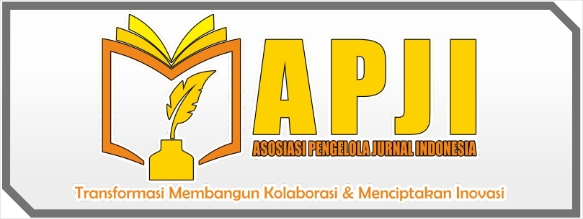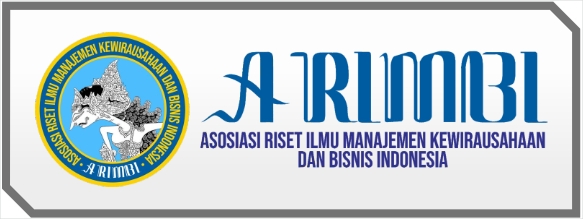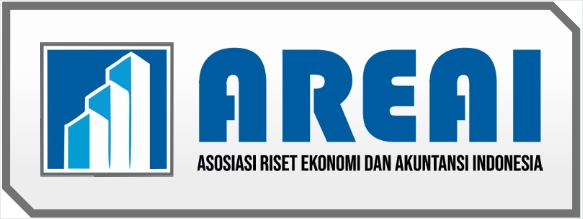Analisis Stakeholder Dalam Pengembangan Kualitas Sumber Daya Manusia Dinas Pendidikan Kabupaten Sampang
Studi Pada Bidang Pembinaan Guru Tenaga Kependidikan, Pengembangan Bahasa dan Sastra
DOI:
https://doi.org/10.58684/jarvic.v3i2.147Keywords:
Stakeholder, Development, Human Resources.Abstract
In 2023, Sampang Regency will still be called the district with the lowest HDI of the 39 cities/districts in East Java. The lack of stakeholder roles in contributing to the success of increasing human resources in the field of Educational Teachers (GTK) will affect the effectiveness of the organization in achieving its goals. Moreover, it will also have an impact on the quality of the organization, because the role of stakeholders and the quality of human resources play a very important role in the success of an organization. The aim of this research is to analyze stakeholders and the role of stakeholders in developing the quality of human resources. The research uses qualitative research with a descriptive approach. Based on the research results, the application of stakeholder analysis in developing the quality of human resources in the Sampang District Education Office is quite good and plays appropriate tasks such as the involvement of primary stakeholders such as GTK staff, school principals and teachers, key stakeholders are played by the Head of the Department, secondary stakeholders such as the Ministry of Education and Accreditation Body. Meanwhile, the role of various stakeholders in developing human resources in the Sampang Regency Education Service is considered very important, here are some of the roles of the stakeholders: Head of the Education Service as policy creator, Head of GTK Division as coordinator, Facilitators such as Secretary and Head of GTK Section, Implementors such as School Principals and Teachers, Accreditation Body and Ministry of Education as accelerators.
References
Afrizal, M., & Karsa, S. I. (2023). Strategi sales promotion D’pom Coffee Café melalui media sosial Instagram. Bandung Conference Series: Communication Management, 3(1). https://doi.org/10.29313/bcscm.v3i1.5571
Hamzah, M., Nurrahmaniah, & Isnaeni, F. (2023). Kebijakan pendidikan Islam. Unpam Press.
Handayani, F., & Warsono, H. (2017). Analisis peran stakeholders dalam pengembangan objek wisata Pantai Karang Jahe di Kabupaten Rembang. Journal of Public Policy and Management Review. https://doi.org/10.14710/jppmr.v6i3.16543
Harefa, A. K., & Zendrato, W. (2022). Analisis strategi pemasaran dalam meningkatkan volume penjualan di UD. Luki Kecamatan Umbunasi Kabupaten Nias Selatan. Jurnal Pendidikan Ekonomi. https://jurnal.uniraya.ac.id/index.php/JPE/issue/archive
Nugroho, Y. A. (2019). Analisis stakeholders dalam pengembangan program diklat di Balai Diklat Aparatur Kementerian Kelautan dan Perikanan: Stakeholders analysis in development of training program on Training Office of Apparatus Ministry of Marine Affairs and Fisheries. Jurnal Manajemen & Bisnis Kreatif, 5(1), 1–19. https://doi.org/10.36805/manajemen.v5i1.821
Salsa. (2021). Bagaimana melakukan analisis stakeholder? Diakses dari https://ilmusospolek.blogspot.com/2019/09/analisis-stakeholder.html?m=1 pada tanggal 22 Mei 2024















